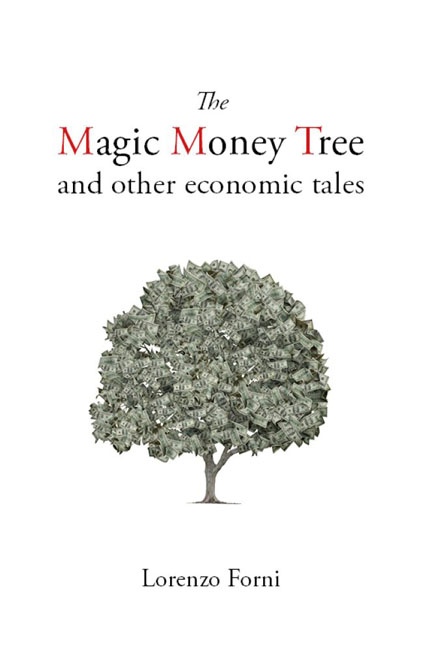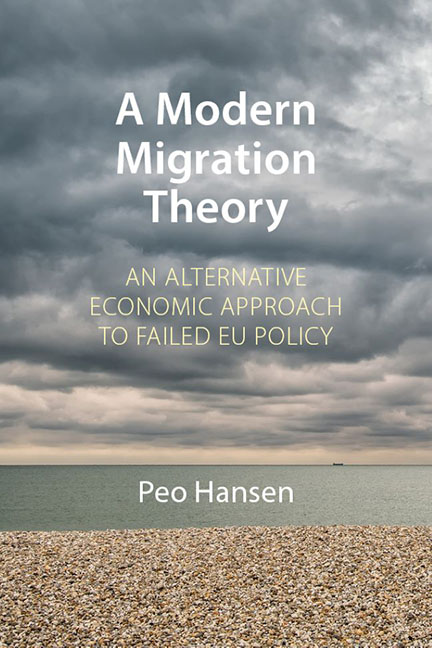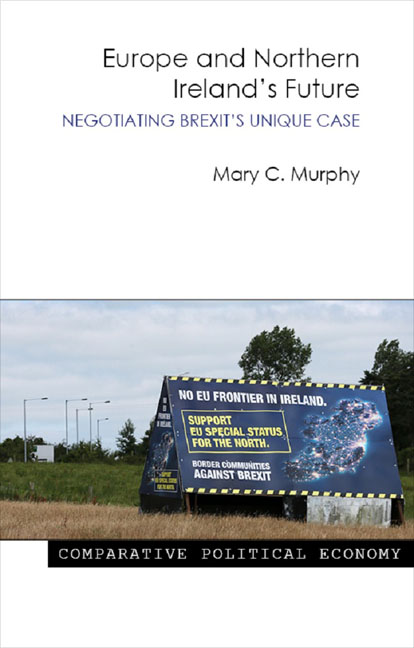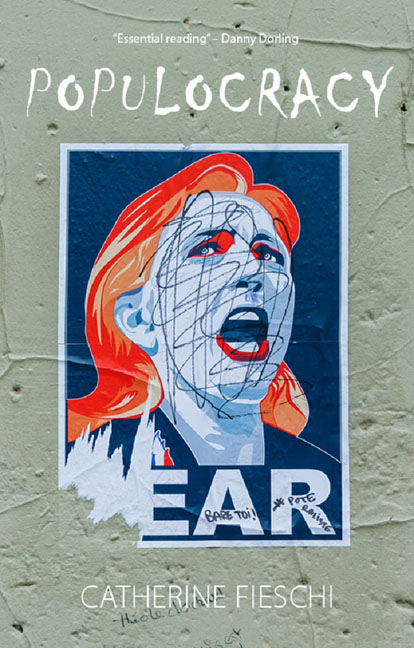This series examines contemporary issues in comparative political economy, beginning with the political economy of Europe, including, but not limited to, the European Union and its member states. Pluralistic in approach, the books offer original, theoretically informed analyses of the interaction between politics and economics, and explore the implications for policy at the regional, national, and supranational level. Books in the series have covered topics ranging from populism to monetary policy-making, from multilateral trade talks to immigration and asylum, and from the impact of Brexit on Northern Ireland to the financialization of housing markets. The goal of the series is to provide concise analysis that can influence the wider policy conversation. Proposals directed to a wider audience are particularly welcome.








